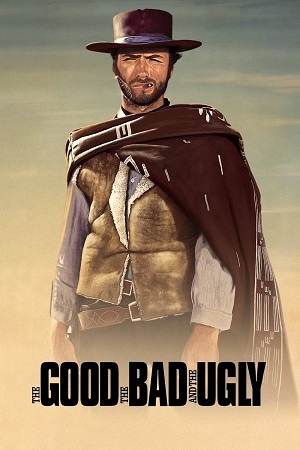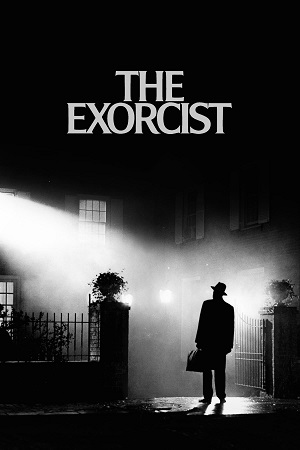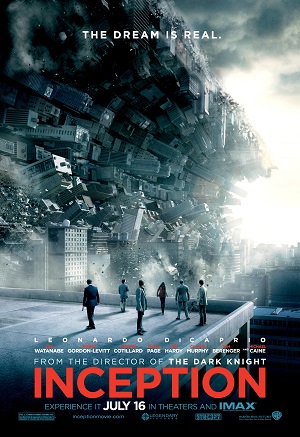The Good, the Bad and the Ugly (1966)

The Good, the Bad and the Ugly is a classic Spaghetti Western film released in 1966, directed by the renowned Italian filmmaker Sergio Leone. This epic film is the third installment in the "Dollars Trilogy," following A Fistful of Dollars and For a Few Dollars More. Set during the American Civil War, the movie is celebrated for its iconic cinematography, intense storytelling, and unforgettable musical score composed by Ennio Morricone.
The film's narrative revolves around three morally ambiguous gunslingers: the "Good" (played by Clint Eastwood), the "Bad" (Lee Van Cleef), and the "Ugly" (Eli Wallach). The trio embarks on a perilous journey across the war-torn landscape in search of buried Confederate gold. As they navigate through treacherous alliances and betrayals, their paths converge in a climactic showdown that has become legendary in the annals of cinema.
The Good, the Bad and the Ugly is widely acclaimed for its groundbreaking approach to the Western genre. Sergio Leone's directorial vision and innovative use of widescreen cinematography redefined the conventions of traditional Western films. The movie's striking visual style, characterized by extreme close-ups, panoramic landscapes, and intense close-quarter duels, has left an indelible mark on the cinematic landscape.
Ennio Morricone's haunting musical score is an integral part of the film's identity, with its evocative themes and iconic use of whistling and chanting. The soundtrack has become synonymous with the Spaghetti Western genre and continues to resonate with audiences worldwide.
Beyond its technical achievements, The Good, the Bad and the Ugly is celebrated for its complex characters and morally ambiguous storytelling. The film delves into themes of greed, loyalty, and the harsh realities of survival in a lawless frontier. The dynamic interplay between the central characters and their shifting allegiances adds layers of depth to the narrative, elevating it beyond a mere tale of gunslinging bravado.
The movie's impact extends far beyond its initial release, influencing generations of filmmakers and leaving an indelible imprint on popular culture. Its iconic moments, such as the intense standoff in the graveyard and the climactic duel, have been endlessly referenced and parodied in various media, cementing their status as enduring symbols of cinematic excellence.
The Good, the Bad and the Ugly stands as a timeless masterpiece that continues to captivate audiences with its bold storytelling, technical innovation, and unforgettable characters. Its enduring legacy as a pinnacle of the Western genre cements its place in film history, ensuring that it will be cherished by cinephiles for generations to come.
Related News
The Top 10 Best Western Movies of All Time
The Western genre has been a staple of cinema for decades, capturing the imaginations of audiences with its tales of rugged landscapes, daring outlaws, and fearless lawmen. From classic showdowns to sweeping vistas, Western movies have left an indelible mark on the cinematic landscape. Here, we pres
The Top 10 Best Disney Animated Movies
Disney has a rich history of creating timeless animated movies that have captured the hearts of audiences around the world. From classic tales to modern adventures, Disney has consistently delivered top-quality animated films. Here is a curated list of the top 10 best Disney animated movies that hav
Once Upon a Time in the West (1968)
Once Upon a Time in the West is a classic 1968 Spaghetti Western film directed by the legendary Italian filmmaker Sergio Leone. Known for its epic scale, stunning cinematography, and memorable musical score by Ennio Morricone, the film has left an indelible mark on the Western genre. Set in the Amer
WALL-E (2008)
WALL-E is a 2008 animated science fiction film produced by Pixar Animation Studios and directed by Andrew Stanton. The film presents a thought-provoking and visually stunning portrayal of a future Earth overwhelmed by pollution and waste. It follows the journey of a small waste-collecting robot name




Comment Record:
Reply to comments: